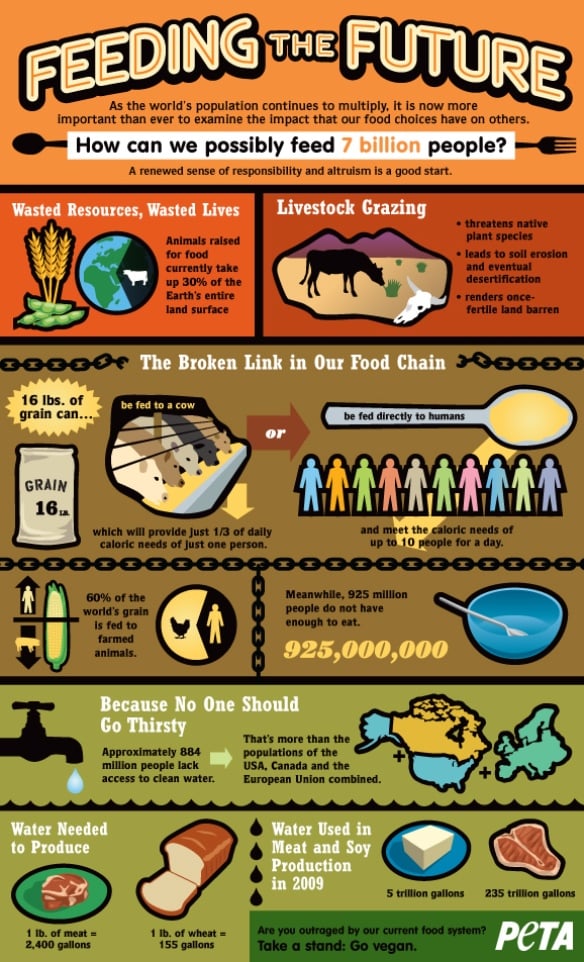The answer is a combination of land usage and greenhouse gas emissions. American CAFOs Confined Animal Feed Operations the giant feed lots that produce most of Americas beef produce massive amounts of air and water pollution much of which poorly handled at best.
These countries have climates and soil types ideally suited to growing grass and only marginally suited to.

Why is beef bad for the environment. Brazilians on the edge of the Amazon rainforest are working with cattle ranchers not against them to save the climate. The greenhouse gas production per serving of chicken or pork is about 20. Conflicting Consumer Attitudes Between Beef Consumption and Environmental Conservation.
Beef is bad for the planet. It is very energy intensive to produce every gram of beef on an average every hamburger results in 3 kg of carbon emissions to the atmosphere. The United Nations Environment Program UNEP has dubbed beef as a climate harmful meat.
According to the Worldwatch Institute Roughly 2 of every 5 tons of grain produced in the world is fed to livestock poultry or fish. But why is beef so bad. Beef industry is trying to counteract the narrative that cows are bad for the environment by.
As people cut back on their red meat consumption the US. Based on recent Gallup polls there is no doubt that an increasing number of Americans are supporting environmental stewardship. But given the colossal size of the.
Mon 21 Jul 2014 1700 EDT 84824 275 Beefs environmental impact dwarfs that of other meat including chicken and pork new research reveals with one expert saying that eating less red meat. About 90 of all deforestation can be traced back to the meat industry. A key claim underlying these arguments holds that.
A new study suggests that the production of beef is around 10 times more damaging to the environment than any other form of livestock. The feed is largely produced using lots of pesticide and fertilizer which requires fossil fuels explains Sujatha Bergen one of the authors of the study. Beef and sheep production in Northern Europe especially the UK and Ireland is highly productive and this greatly reduces the carbon footprint of beef and lamb in these regions.
Httpbitlyhotmess_subPeril Promise is a public media initiative from WNET telling human stories of climate c. But beef far more than pork or chicken contributes to environmental harm in part because it requires much more land. Advocates urge the public to eat less meat to save the environment.
But why is eating meat bad for the environment. Scientists measured the environment inputs. Decreasing consumption of these products especially of beef could free up massive quantities of grain and reduce pressure on land.
Feedlot supporters may claim that beef producers work hand-in-hand with the EPA to protect the environment but the cattle industry opposes oversight and regulation by the EPA through several advocacy groups including the National Cattlemens Beef Association which currently is one of several groups fighting the agencys proposal to extend the reach of the Clean Water Act. SUBSCRIBE to Hot Mess. Can we make it better.
Its producing beef that is harmful to the environment. Some activists have called for taxing meat to reduce consumption of it. In addition to that animal agriculture is responsible for between 15 and 20 of the total greenhouse gas emissions globally.
Algal blooms are bad for the environment because they readily devastate aquatic ecosystems.
